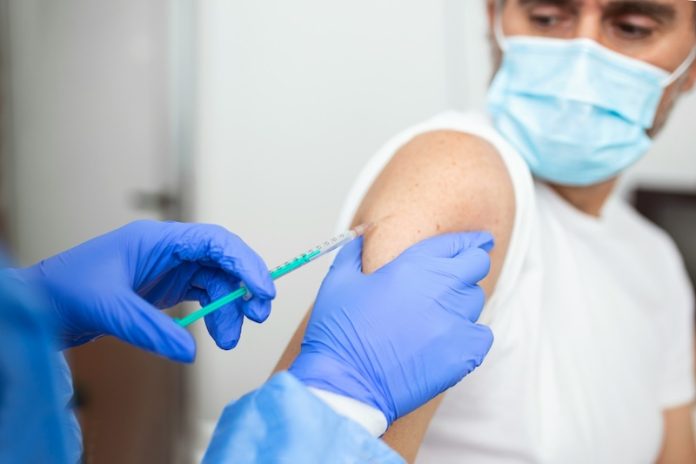
A new study from the University of Oxford has revealed a surprising benefit of the respiratory syncytial virus (RSV) vaccine: it may reduce the risk of developing dementia.
Published in npj Vaccines, the research shows that people who received the RSV vaccine Arexvy had a 29% lower risk of being diagnosed with dementia in the following 18 months compared to those who did not receive the vaccine.
RSV is a common virus that usually causes mild, cold-like symptoms, but it can be serious in older adults. Arexvy, a recently approved vaccine for people over 60, is already known to protect against RSV infections. But this study shows it might do more—potentially lowering the risk of a disease that currently has no known cure or effective prevention.
Researchers looked at the health records of more than 430,000 people in the U.S. using the TriNetX health network. They found that those who had been vaccinated with Arexvy were significantly less likely to be diagnosed with dementia within 18 months of vaccination.
Interestingly, the same trend was previously observed in people who received the Shingrix vaccine for shingles. That vaccine also lowered dementia risk more than its older version, Zostavax.
What connects these two vaccines? Both Arexvy and Shingrix contain an ingredient called AS01, an adjuvant—a substance added to vaccines to boost the immune response. In contrast, vaccines like the annual flu shot, which do not contain AS01, do not show the same effect on dementia risk.
While the exact reason is still unclear, scientists think AS01 may play a key role. Laboratory research suggests that AS01 activates certain immune cells that could help reduce the inflammation or other brain changes that lead to dementia.
This suggests that the benefit may not only come from preventing the infections themselves (like shingles or RSV), but also from how the adjuvant improves the body’s immune system in ways that may protect the brain.
It is still unknown whether these vaccines truly prevent dementia or simply delay its onset. But even a delay would be meaningful, given that no existing treatment can do either. The findings are consistent across different groups, including both men and women, and held up in multiple types of statistical analysis.
Dr. Maxime Taquet, lead author and psychiatry researcher at Oxford, said the results give people yet another reason to get vaccinated. “Vaccines against two different viruses—shingles and RSV—both reduce dementia risk. That’s a big deal, especially since these vaccines are already known to prevent serious illnesses.”
Senior author Professor Paul Harrison added that the results are “striking” and that more research is needed to understand the role of the AS01 adjuvant in this effect.
While further studies will be needed to confirm these findings and understand the biological mechanisms, this research opens the door to a completely new way of thinking about dementia prevention.
Instead of focusing only on drugs or brain-targeted therapies, it suggests that improving immune health through vaccines could help protect the brain—and that protection might begin with a simple shot.
If you care about dementia, please read studies that eating apples and tea could keep dementia at bay, and Olive oil: a daily dose for better brain health.
For more health information, please see recent studies what you eat together may affect your dementia risk, and time-restricted eating: a simple way to fight aging and cancer.
The research findings can be found in npj Vaccines.
Copyright © 2025 Knowridge Science Report. All rights reserved.



